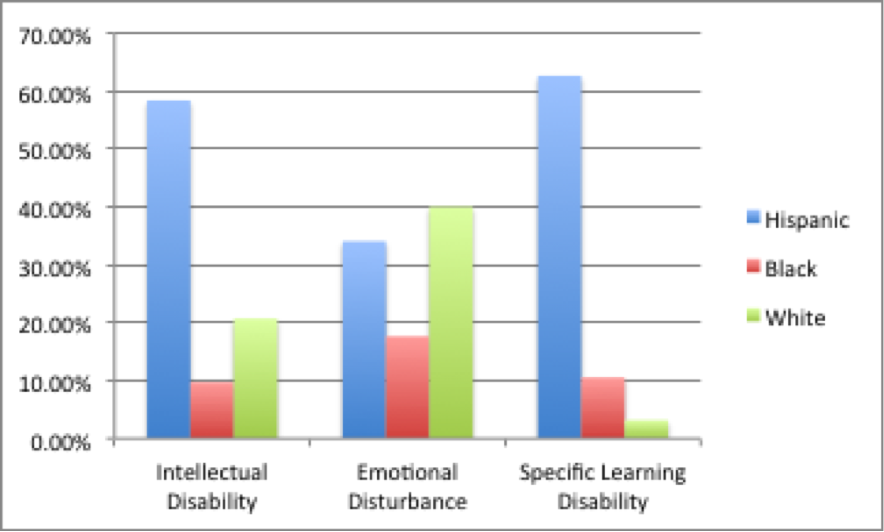
verb (used with object)
- to give too much representation to; represent in numbers that are disproportionately high.
noun
- the act of representing.
- the state of being represented.
- the expression or designation by some term, character, symbol, or the like.
- action or speech on behalf of a person, group, business house, state, or the like by an agent, deputy, or representative.
- the state or fact of being so represented: to demand representation on a board of directors.
- Government. the state, fact, or right of being represented by delegates having a voice in legislation or government.
- the body or number of representatives, as of a constituency.
- Diplomacy.
- the act of speaking or negotiating on behalf of a state.
- an utterance on behalf of a state.
- presentation to the mind, as of an idea or image.
- a mental image or idea so presented; concept.
- the act of portrayal, picturing, or other rendering in visible form.
- a picture, figure, statue, etc.
- the production or a performance of a play or the like, as on the stage.
- Often representations. a description or statement, as of things true or alleged.
- a statement of facts, reasons, etc., made in appealing or protesting; a protest or remonstrance.
- Law. an implication or statement of fact to which legal liability may attach if material: a representation of authority.
noun
- the act or an instance of representing or the state of being represented
- anything that represents, such as a verbal or pictorial portrait
- anything that is represented, such as an image brought clearly to mind
- the principle by which delegates act for a constituency
- a body of representatives
- contract law a statement of fact made by one party to induce another to enter into a contract
- an instance of acting for another, on his authority, in a particular capacity, such as executor or administrator
- a dramatic production or performance
- (often plural) a statement of facts, true or alleged, esp one set forth by way of remonstrance or expostulation
- linguistics an analysis of a word, sentence, etc, into its constituentsphonetic representation
n.c.1400, “image, likeness,” from Old French representacion (14c.) and directly from Latin representationem (nominative representatio), noun of action from past participle stem of repraesentare (see represent). Meaning “statement made in regard to some matter” is from 1670s. Legislative sense first attested 1769.
 Liberal Dictionary English Dictionary
Liberal Dictionary English Dictionary